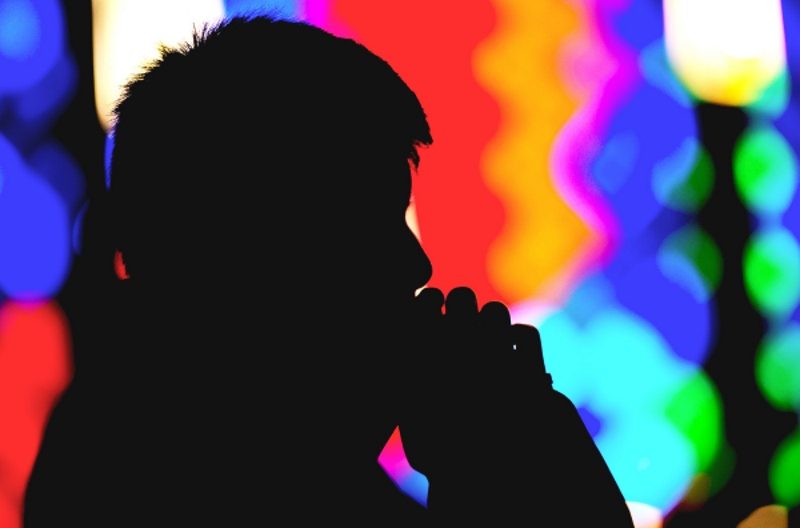One of the most fraught ethical issues of our day is privacy. On a personal level we feel betrayed if a friend broadcasts secrets we have shared. But we also feel distressed to hear of an old person found at home weeks after their death. Their neighbours saw nothing, failed to register their absence, did not enquire.
On a public level we may also be ambivalent about privacy. We may feel outraged when a government department releases confidential information about people who complained about their treatment. We may feel uneasy when photos and speculation on the guilt of people accused of a crime are released before their trial.
If we see a satellite in the night sky, we might fear it is sending back images of us putting out the cat. But because we want to feel secure we may be prepared to sacrifice some of our privacy for safety.
We may be concerned when governments and corporations appeal to commercial in-confidence clauses to hide details of their behaviour that affect the public interest; when governments criminalise the exposure of mistreatment of people held in detention centres; and when Church authorities fail to disclose the actions of abusive priests. In these cases the appeal to privacy is a weapon to arm the powerful against the weak.
Our ambivalence suggests that privacy does not automatically trump all other values. Its claims need to be negotiated in each situation and be set within larger values that govern its reach.
I would argue, perhaps paradoxically, that privacy is important because it is the condition of good human communication. To assess the demands of privacy properly we need to recognise that we are not solitary individuals but persons who depend for their well-being on one another. Privacy protects and enriches the quality of our engagement with one another.
This argument presupposes that each human being is unique and deserving of respect simply by being human, not by achievement or status. In each of us is a personal centre — able to reflect, to wonder, to explore the world and to evaluate it, to long and to love, to make decisions, and to engage freely with other human beings.
To respect other human beings means respecting that inner space. Privacy is the gate that allows us to leave and others to enter the garden of our deepest and most vulnerable selves. If it is torn off its hinges we shall live on a shallow level, preoccupied with defending ourselves. That is why the invasion of our privacy by governments and corporations in order to control our lives is unjustifiable.
The purpose of a gate is only secondarily to keep people out. It is primarily a passage through which we can pass. Privacy enables us to go freely out of ourselves by engaging with others, forming relationships, providing space for those relationships to deepen as we give ourselves freely to one another. It is the condition of good working relationships in which the gift we make of ourselves is real but limited.
Privacy is also a condition of forming deeper relationships where we give ourselves to others, entrusting them with our own vulnerability. It is not a wall to protect ourselves from others but a gate that guarantees our freedom in relationships. It enables communication to be a gift and not a contract.
The test of privacy in any situation is whether it is a necessary condition of respecting the value of each person, and of encouraging people to give themselves freely to one another. In some cases respect for the value of persons may make it necessary to breach privacy. The disclosure of the sexual abuse of children and the monitoring of the communications of people suspected of serious crimes are cases in point. But authorisation for such breaches of privacy should be carefully limited and monitored.
More generally, to disclose and be careless with the personal information that others have entrusted to us is lacking in respect and inhibits the trust essential in any communication. To so privilege privacy that we allow a neighbour to live and die unnoticed is a failure both in respect and in due responsibility to others.
To use privacy to allow exploitation, abuse and brutality to flourish unseen, and even worse to design a regime of privacy in order to practise brutality, is to disrespect the value of others and to prevent the public communication on which a just society depends.
Privacy flows out of our responsibility to one another. It is the gate that protects and encourages our communication with one another. Either to padlock it shut or to force it open out of self-interest is destructive.
Andrew Hamilton, SJ, is a consulting editor at the Australian Jesuits’ website eurekastreet.com.au, where this article was first published. It is republished here with permission.

Reader Interactions